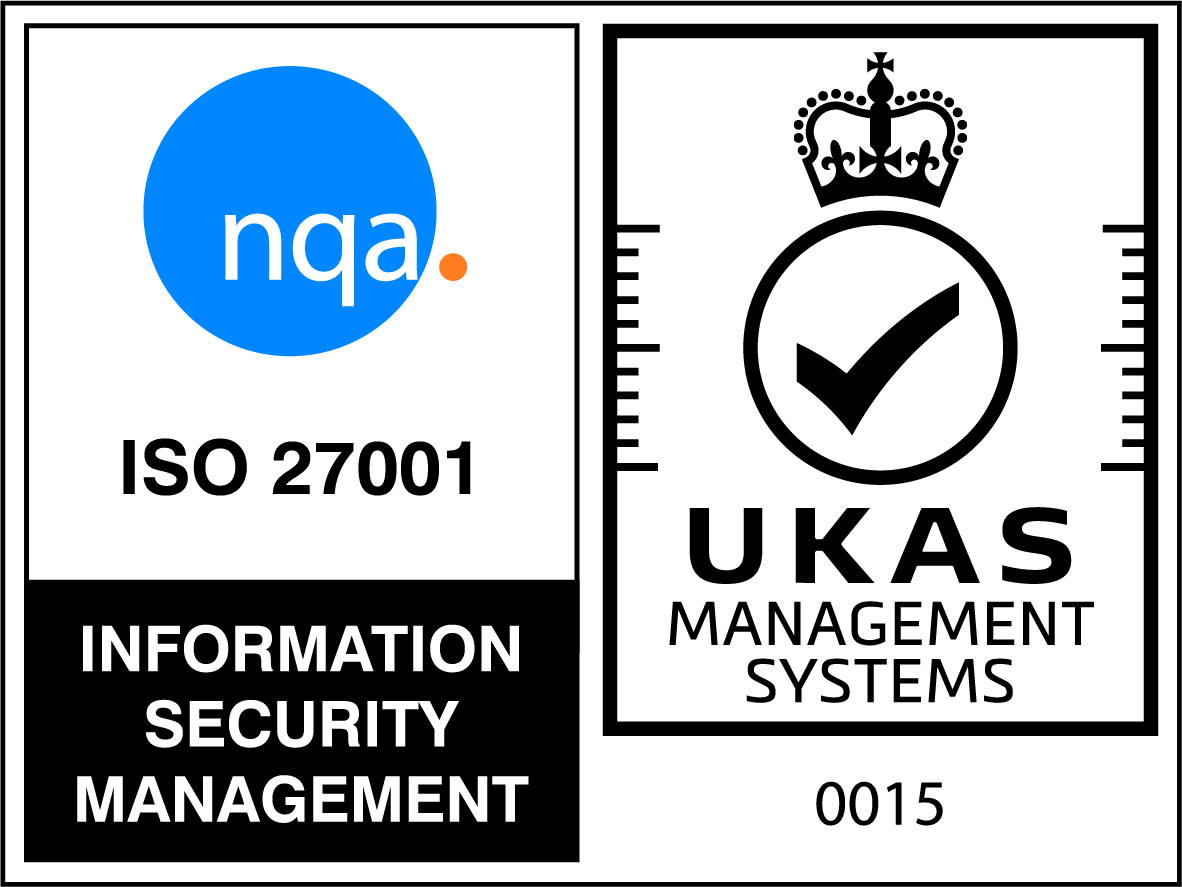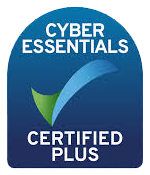What Is Chopt?
The Oracle Change Options (Chopt) utility is a command-line utility that enables and disables Oracle database options. The Chopt tool is embedded within all current versions of Oracle Database (12.2 and above), which allows customers to understand which options they have enabled / disabled against a database.
- The tool allows different options to be manipulated including:
- Database Vault
- Oracle Label Security
- Oracle OLAP
- Oracle Partitioning
- Data Mining
- Oracle Real Application Testing
Why Do You Need To Understand Your Enabled Oracle Database Options?
When it comes to Oracle licensing, you pay for the database products and options you have installed, regardless of whether they are being actively used within your organization. Therefore, if Oracle database options and packs are ‘on’ by accident, then they present a substantial financial cost to your organization, despite not actually being used. This risk is compounded by the fact that when a customer installs or clones an Oracle Database image, all Oracle Database options are enabled by default, meaning that it’s your responsibility to be aware of this risk and to control it. Additionally, where installations do not complete correctly, rouge options can easily be left enabled, and all these chargeable options would be picked up under an audit.
How Can Chopt Help To Limit My License Compliance Exposure?
We find that customers do not by default ensure that the Chopt tool is used after any Oracle database installation, duplication, or upgrade. Given that this is the prime time that options and packs are activated and left on unintentionally, we suggest that using Chopt becomes a fundamental step in any Oracle change process.
If customers included the use of the Chopt tool as part of change control processes for their Oracle Database environments, then it would ensure that customers understand what options are enabled, and can switch off any options which they are not licensed to use. We therefore suggest that for any change to an Oracle database environment, customers mandate the following:
If you are cloning or modifying an existing environment: before any changes are made, use Chopt to take a snapshot of your enabled and disabled options and packs. Make a note of what is activated and deactivated – you will need to reference this information later.
Once the change has been applied to the Oracle environment, whether that be a clone or upgrade etc. run Chopt again to ensure that the activated options and packs match your pre-change snapshot. Oracle state that ‘If you install or clone an Oracle Database image, then all Oracle Database options are enabled by default.’ So, it isn’t unusual to see that new options have been activated which can affect your compliance position. You can then use the Chopt utility to deactivate these enabled options.
SAM Solutions and Chopt; Do I Need Both?
Chopt is a handy utility that can be added to the change process to help minimize non-compliance, but it is not a substitute for an Oracle SAM Solution. The utility isn’t designed to work at scale and must be run on one database at a time. Therefore, Chopt isn’t a suitable solution to gain visibility and manage options on mass. As a result, it is much more useful as a checking tool within an organizations’ change control processes.
Certero recommends that Chopt should be used in conjunction with a SAM solution to minimize the effects of non-compliance at the source, while an Oracle LMS / GLAS verified SAM solution is used for the broader, more complete visibility of Oracle and license compliance picture. The SAM solution should provide you with:
- Complete visibility of your Oracle estate including installed options, packs or additional licensed functionality
- The ability to import all license entitlement into a central source
- An accurate view of your Oracle license compliance and whether you have the required licenses for the options and packs that you have installed
- The ability to report on all your Oracle data and trend it over time
- The end-to-end management of Oracle assets, in order to become and remain compliant while reducing the risk of license audits
Do you need more help and support when it comes to Oracle licensing? Our range of Oracle LMS / GLAS Verified technology solutions and services are here to help. Contact Certero today.








